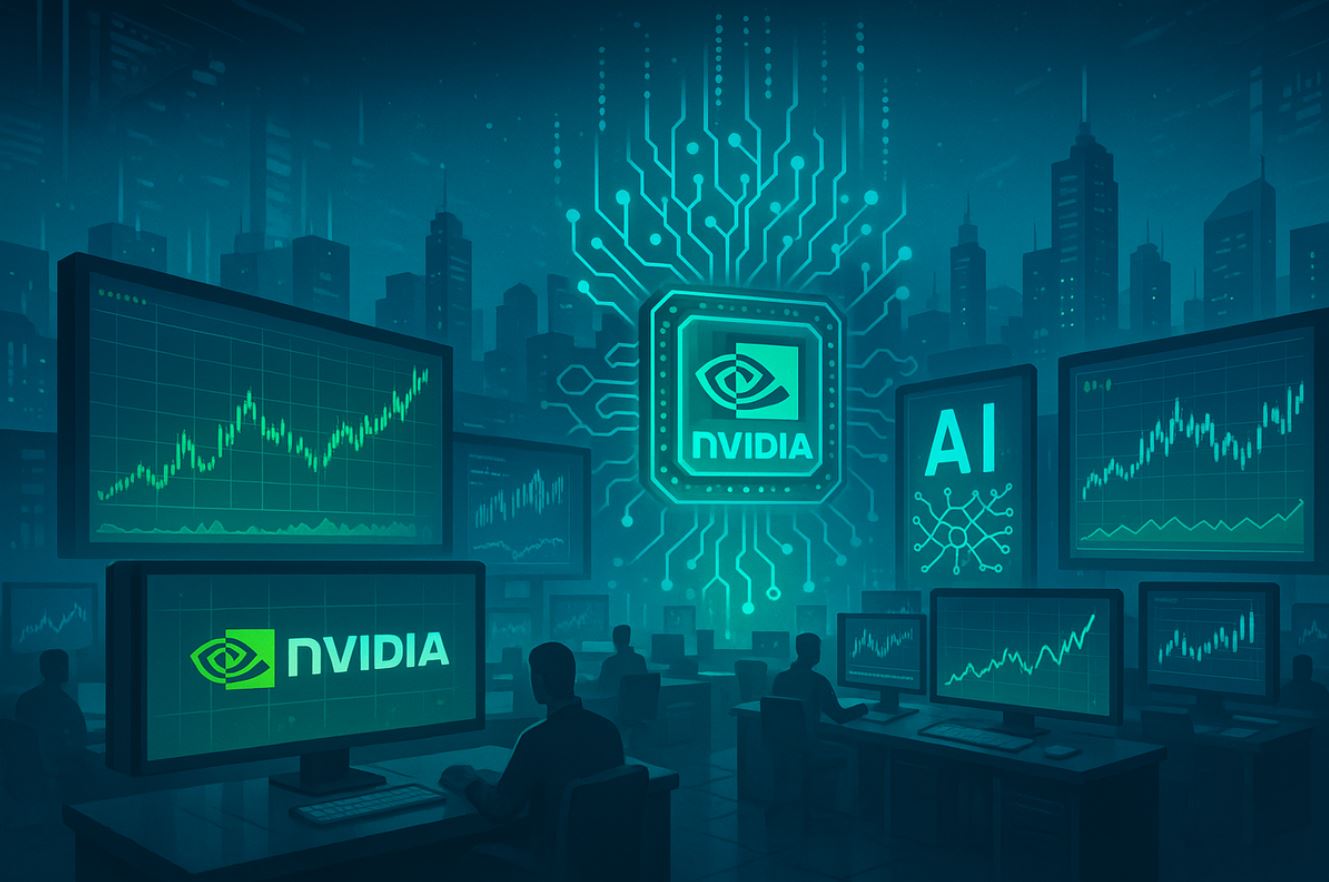 Nvidia just announced a quarterly revenue of $46.7 billion—a 56% jump from last year. The surge is mainly driven by booming AI-driven data centres, which posted the same impressive growth. If you’ve ever tracked tech trends, you know numbers like these capture the industry’s shift.
Nvidia just announced a quarterly revenue of $46.7 billion—a 56% jump from last year. The surge is mainly driven by booming AI-driven data centres, which posted the same impressive growth. If you’ve ever tracked tech trends, you know numbers like these capture the industry’s shift.
The company’s latest chip, Blackwell, proved to be a standout performer, contributing around $27 billion in sales. CEO Jensen Huang captured the moment by saying, “Blackwell is the AI platform the world has been waiting for. The AI race is on, and Blackwell is the platform at its centre.” This chip is also behind OpenAI’s open-source GPT-OSS models, which process up to 1.5 million tokens per second on just one NVIDIA Blackwell GB200 NVL72 rack-scale system.
Yet, the path isn’t entirely smooth. Nvidia’s H20 chip, designed for the Chinese market, didn’t register any sales in China this quarter. Instead, $650 million worth of H20 chips were sold to a non-Chinese customer. Although U.S. export rules—updated from restrictions during Trump’s presidency—allow sales with a 15% export tax, legal complications continue to stir debate.
During a recent earnings call, CFO Colette Kress explained that regulatory uncertainties are to blame. She noted that while a few China-based customers have recently secured licences, no H20 devices have been shipped yet. With the local government advising businesses to steer clear of Nvidia chips, the company has opted to put H20 production on hold for now.
Looking ahead, Nvidia forecasts about $54 billion in revenue for the next quarter. Just bear in mind that this projection doesn’t include any potential H20 sales in China. It’s a good reminder that even with cutting-edge innovation, evolving global policies can influence business outcomes.








